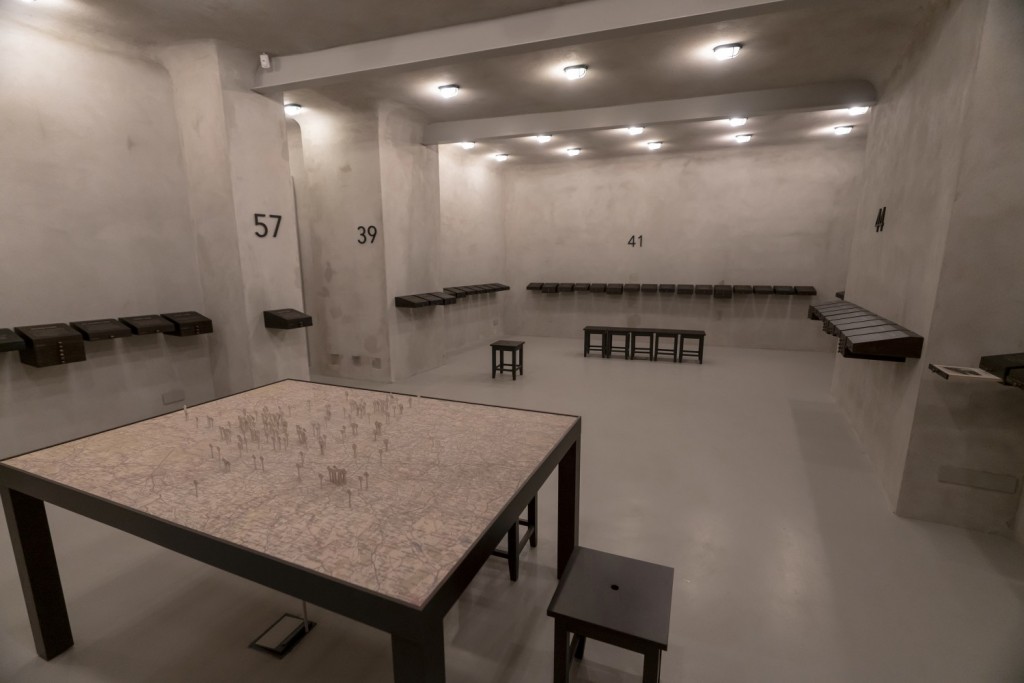
Learn the harrowing resistance stories of the courageous individuals at the exhibition set up in an actual Soviet prison. Open object
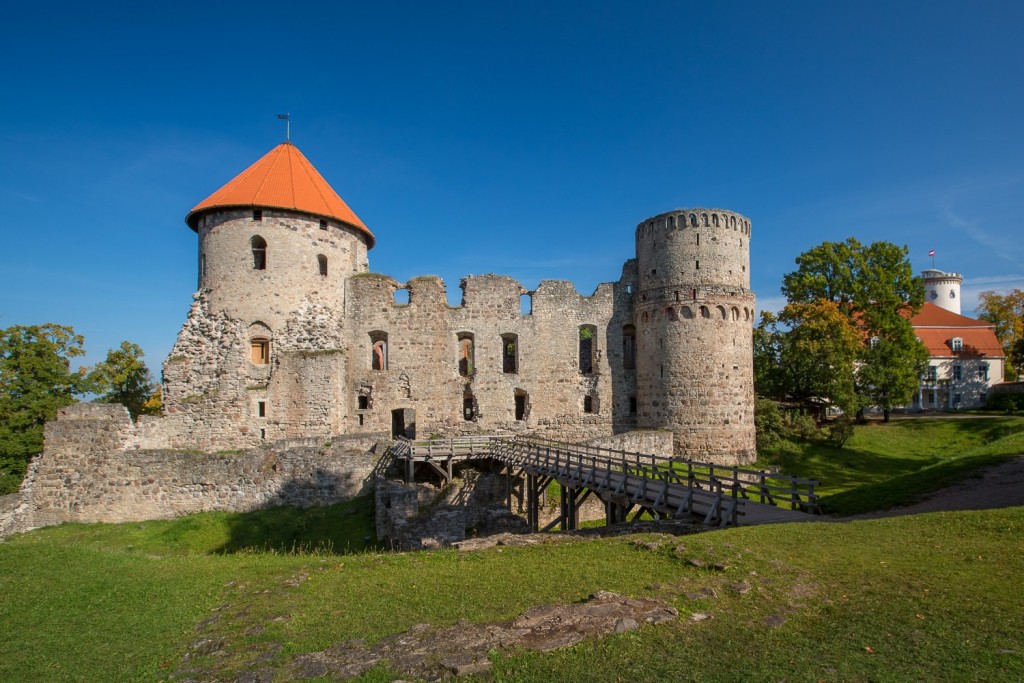
With the map and candlelight taken from the tourist information centre of the castle, you can view the Western Tower and dungeon, visit gardener and ancient craftsmen, and try medieval games.Open object
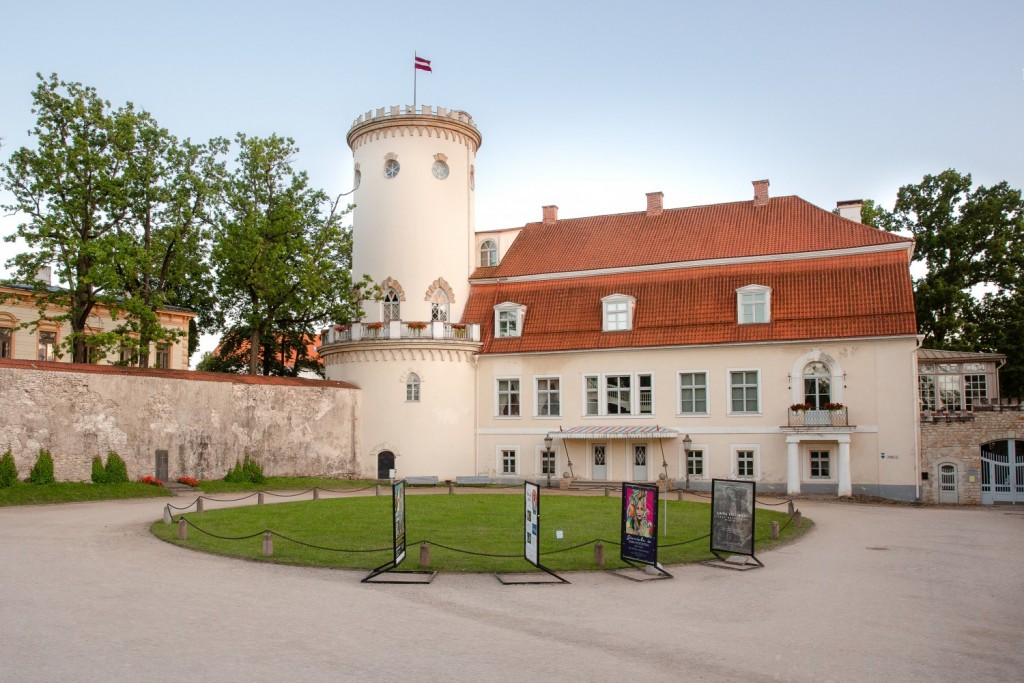
New Castle is one of the few 18th-century Castle manor houses in Latvia, built into the medieval fortification system – instead of the tower and the gate protection building. Since 1949, the Cēsis History and Art Museum has been established in the building of the New Castle.Open object

St. John’s Church is the second most notable architectural feature in Cēsis (along with the Cēsis castle complex), one of the oldest medieval monuments and one of the oldest cult buildings in the country. The church was built at the beginning of the 13th century as Christianity advanced into the Baltic.Open object
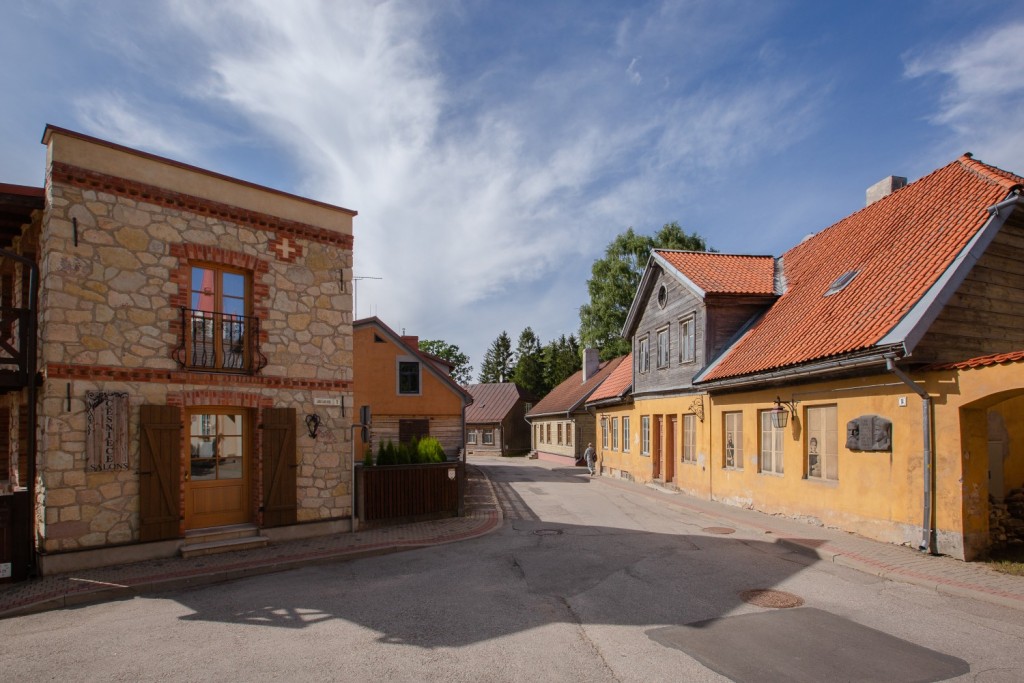
During the Middle Ages, around the castle and church of Cēsis, close to each other compacted on all sides, were formed narrow, winding streets with craftsmen and traders' houses. Open object
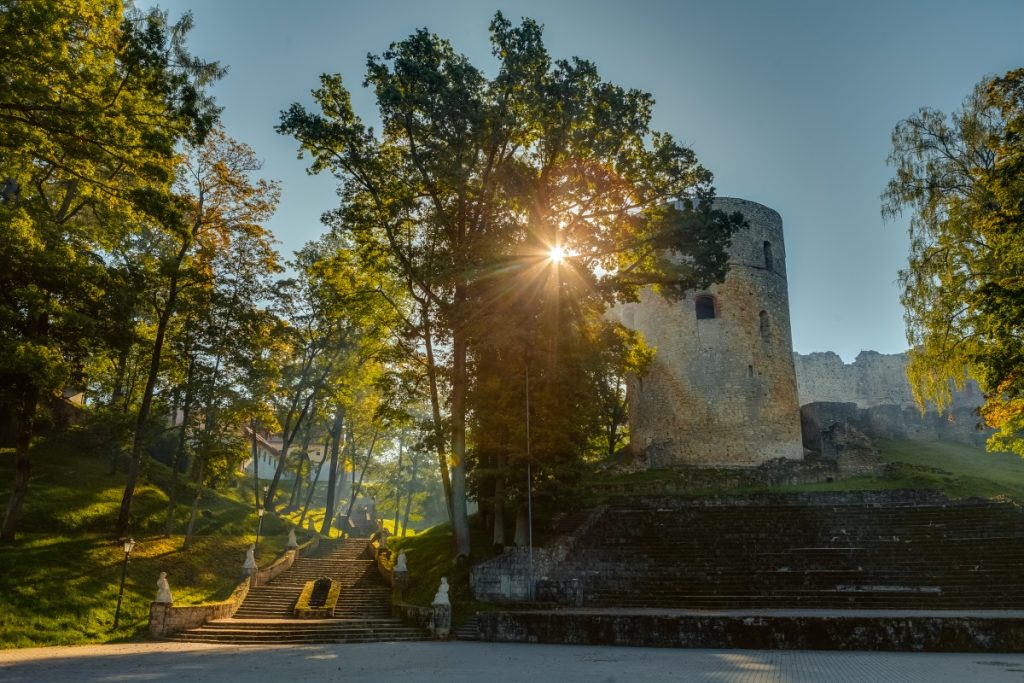
Pils (Castle) Park is the most beautiful park and a favourite resting place all year long. The locals and the guests of the town have the opportunity to see the couple of white swans and to feed the ducks.Open object
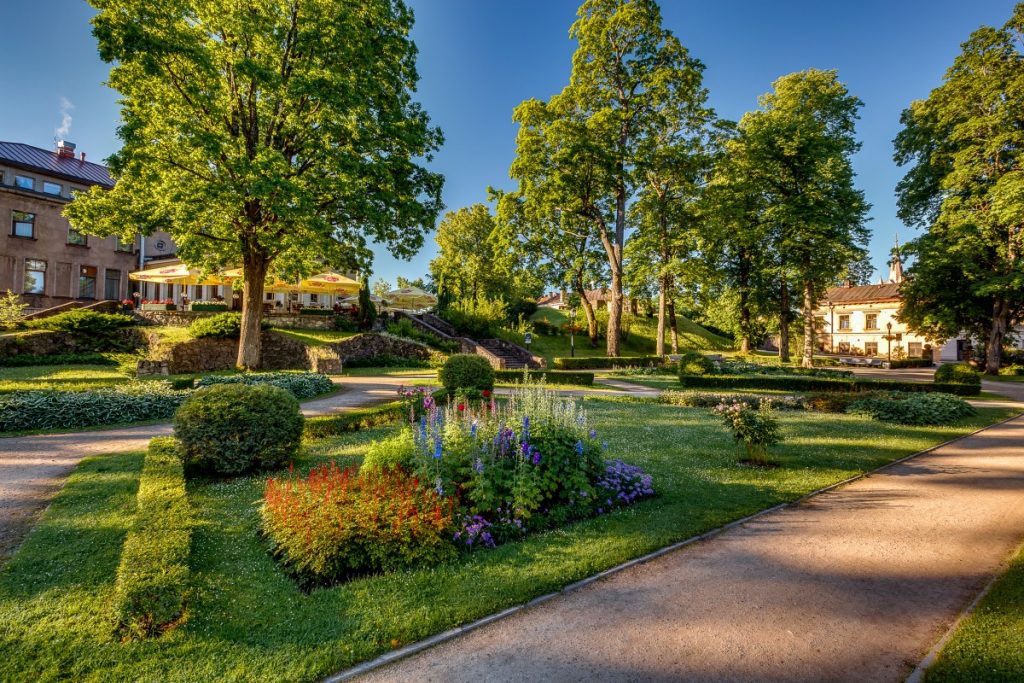
Maija (May) park was created in the 19th century when romantic castle ruins had come into fashion in garden architecture.Since 2005 the park is a home to a couple of black swans from Lisbon.Open object
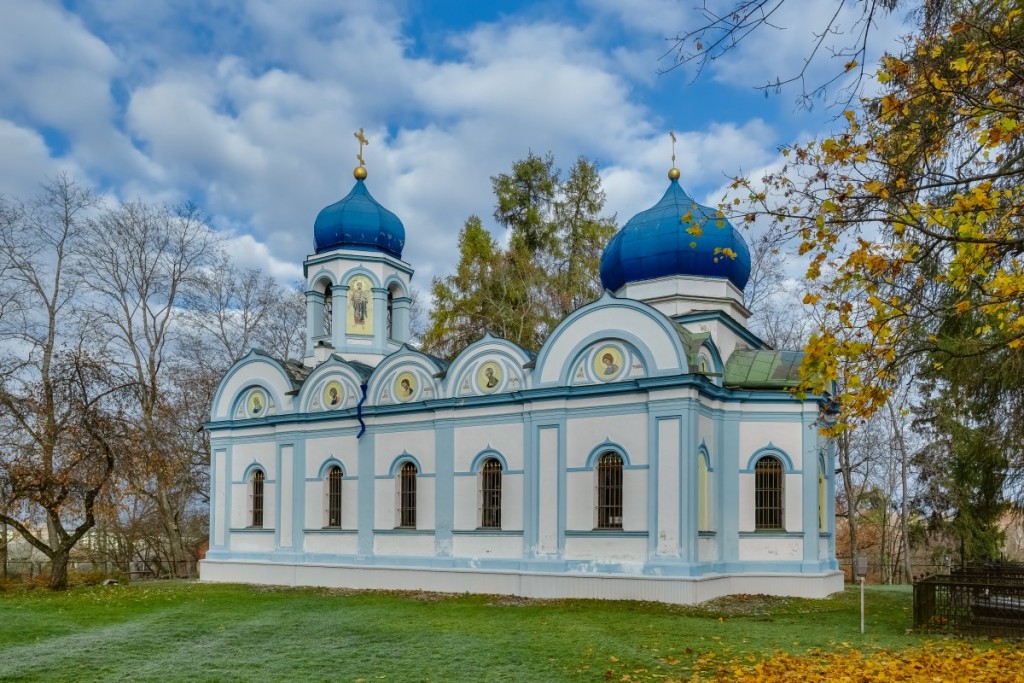
Christ Transfiguration Orthodox Church is located in the North-East steep slope of the Castle Park. The Latvian congregation had thought of building a church in the14th century, when in the outskirts of the Cēsis castle, built by German knights.Open object
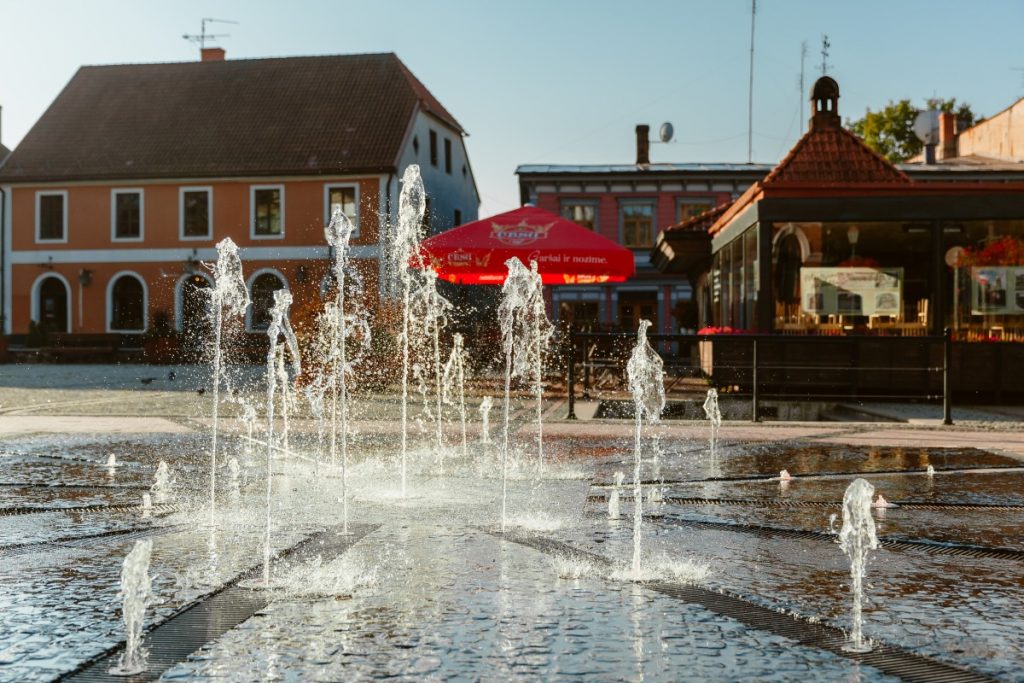
The ancient marketplace has become the most important and active part of Cēsis' Old town. It’s also the location of the city's Christmas tree which is lit up on the first day of Advent. In summer the fountain is a place for resting with your family.Open object
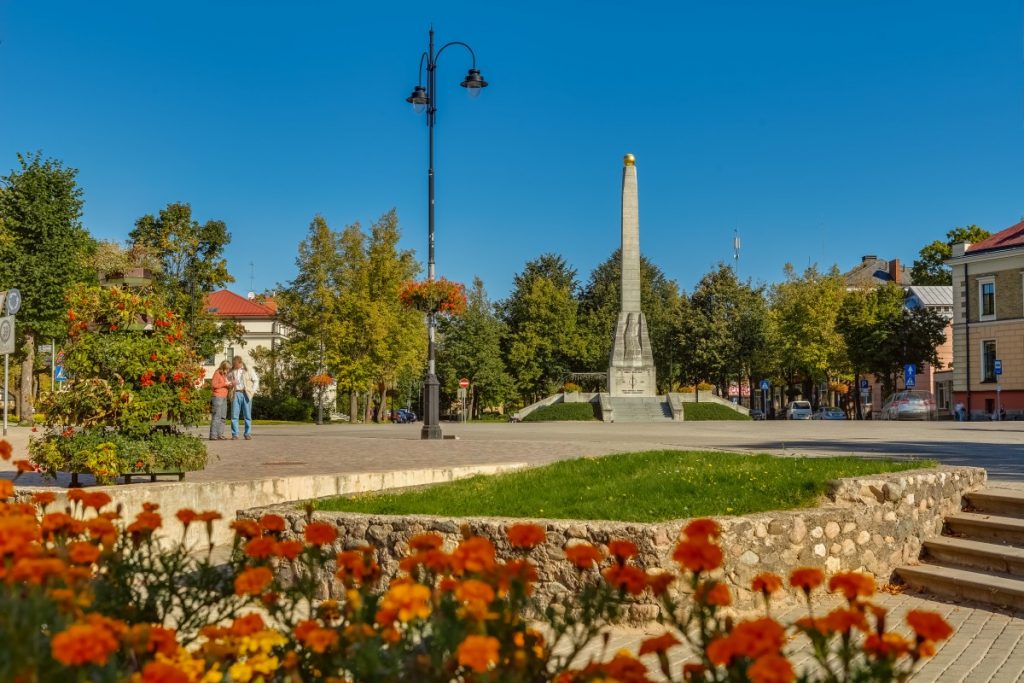
Vienības (Unity) Square is the newest square in Cēsis, which because of its spaciousness and many surrounding streets has become a significant part of the city.Open object
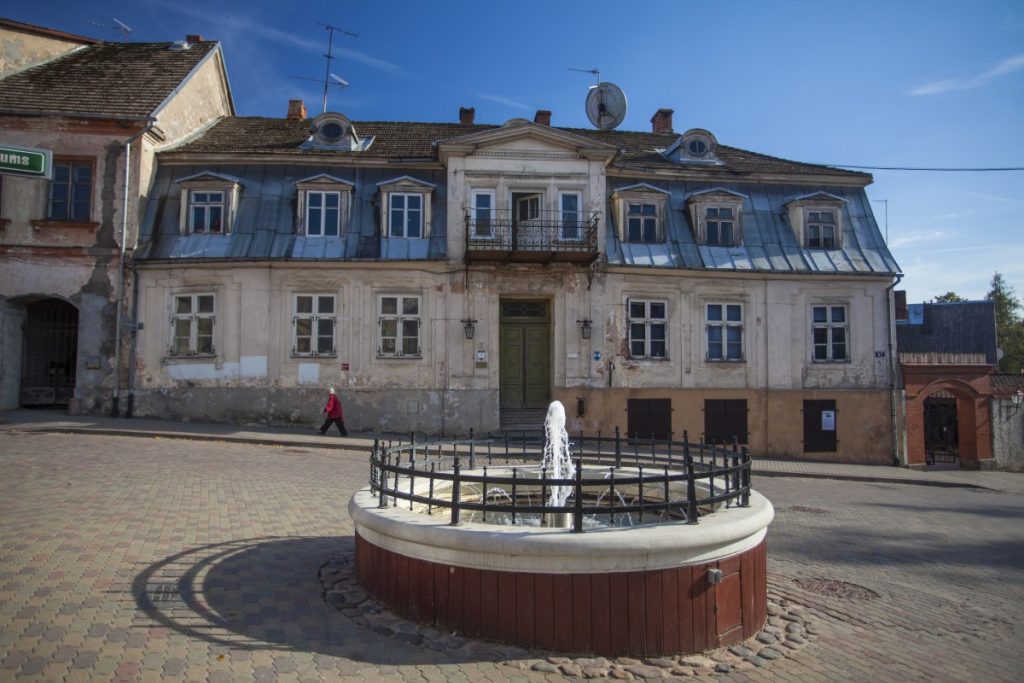
In the beginning of the 13th century, Līvu Square was the first marketplace in Cēsis. There was a church, cemetery and Rīgas gate in the stone wall of the city. At the end of the 13th century here was the beginning of the main street of the future city - Rīgas Street.Open object
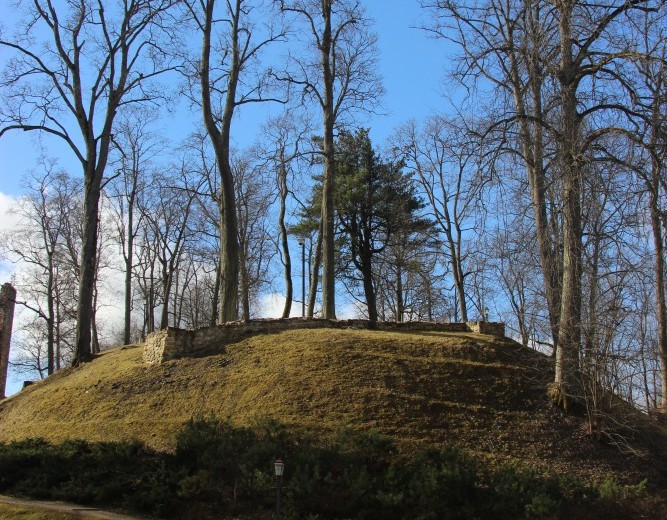
Near the open air stage of Castle Park, the ancient settlement of Wends – Riekstu (Nut) Hill is located. There were the wooden castle and around which the town of Cēsis later developed starting from the 11th-13th century.Open object
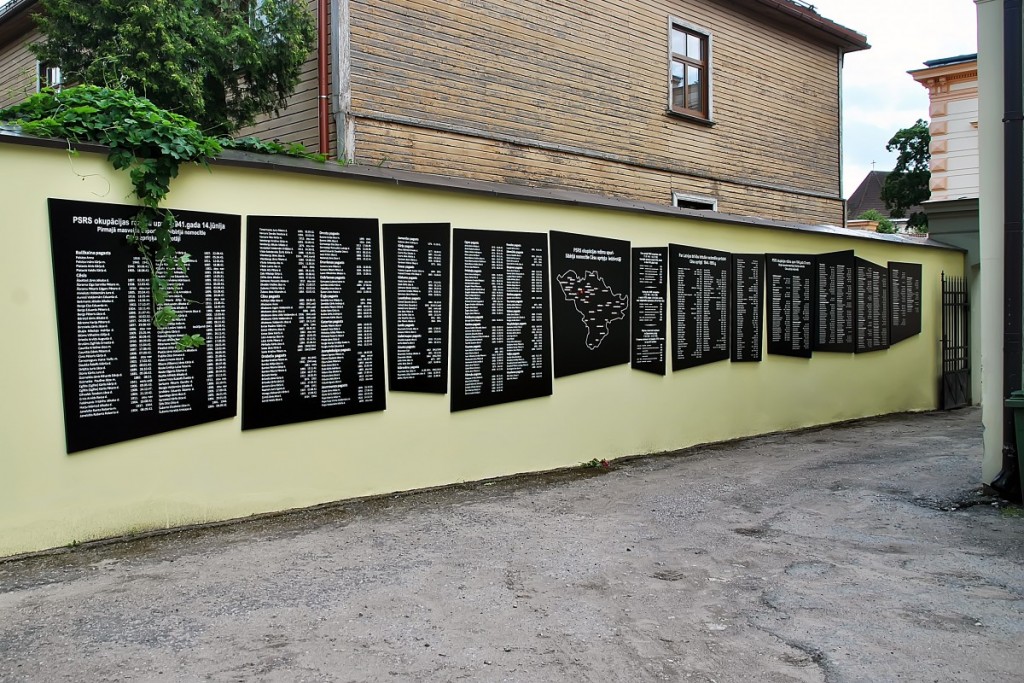
The memorial plaques include information about the people of the parishes of the historic Cēsis district who paid dearly for loving and cultivating their land – with their lives. During the Soviet occupation, as much as 5000 people of the historic Cēsis district suffered various forms of oppression.Open object
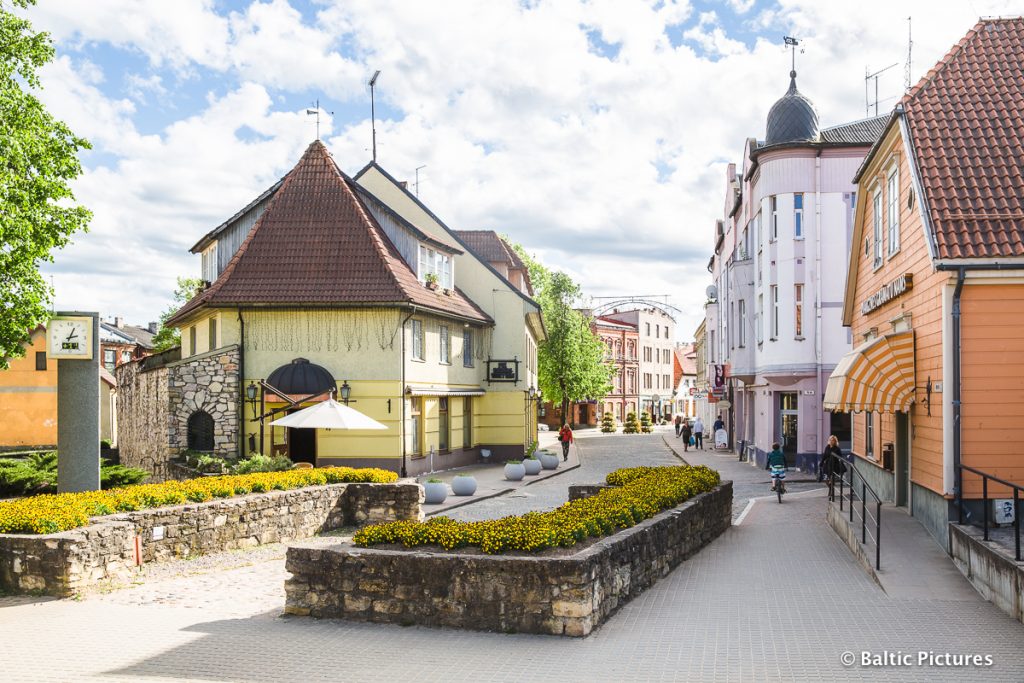
The Rauna Gate was situated at the beginning of the current Rīgas Street in the 14th to 15th centuries. Nowadays the reconstruction of the foundations and the overground fragments of the gate of the city wall create a conception of the medieval stone wall, the size of the gate and its profoundness.Open object
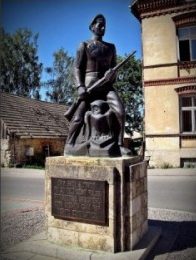
The monument represents the place where the Students took the road to the front line of the famous Battles for the freedom of Latvia on 6th June 1919.Open object
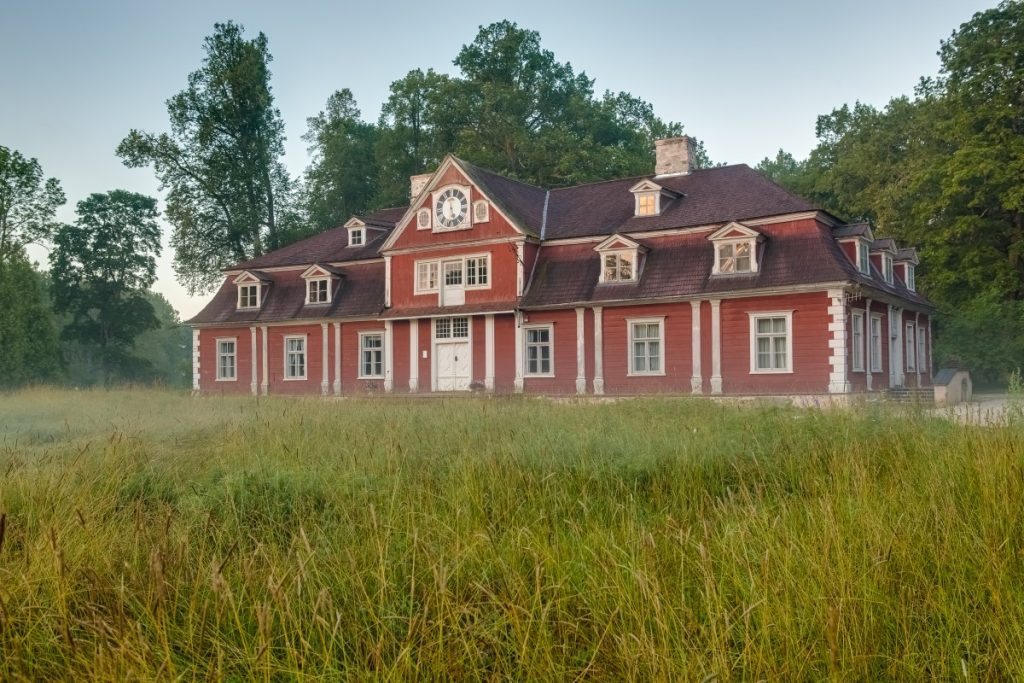
Ungurmuiža manor house ensemble with the Baroque style manor house is the only architectural monument of the 18th century wooden baroque buildings preserved in Latvia.Open object
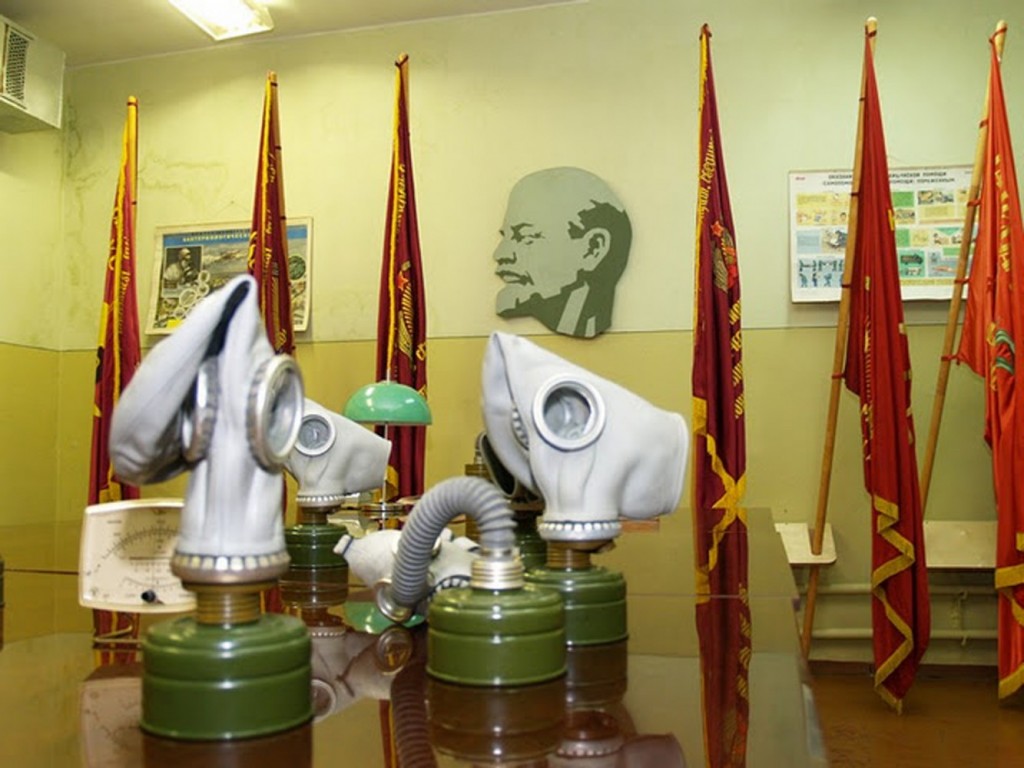
In the territory of Līgatne Rehabilitation Centre 9 meters under the ground a facilitated bunker is located at the total space of 2000 m2, built in the 1980s for the needs of the political and state government elite to run the country in the event of nuclear war.Open object
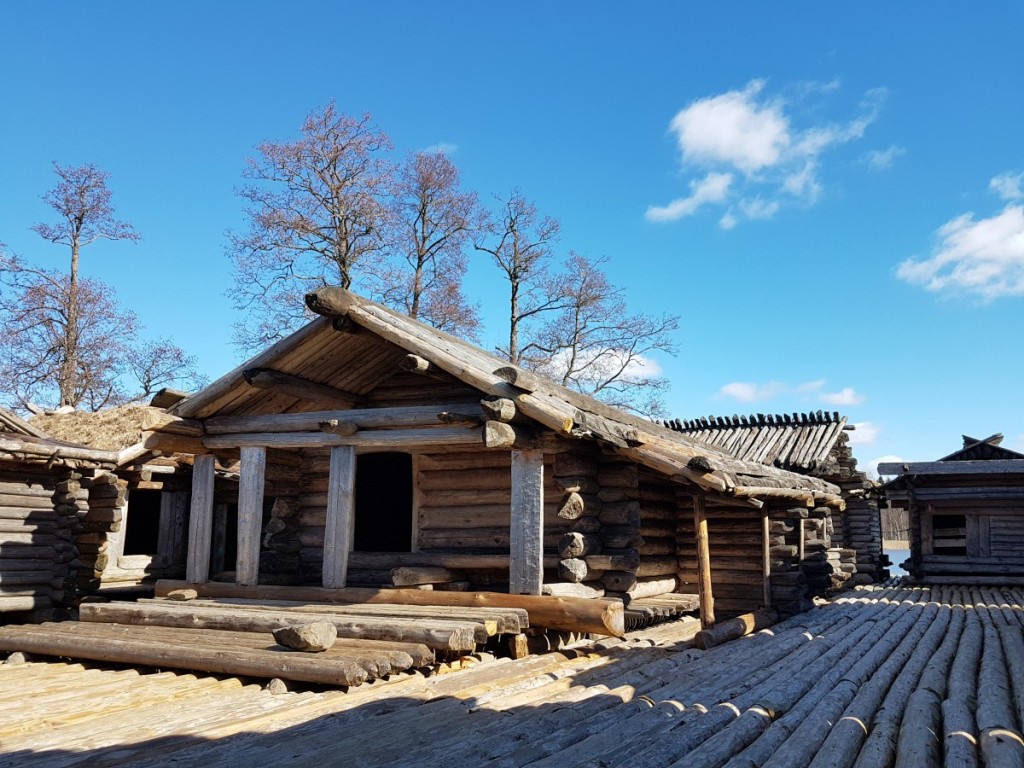
Araisi Archaeological Park offers the insight into the daily life ofancient people, what they ate and what they wore, as well as helps to find out why the Lake Fortress sank and how it revived. Tours and excursions provided by the Archaeological Park offer a look into everyday life and celebrations of people of different centuries.Open object
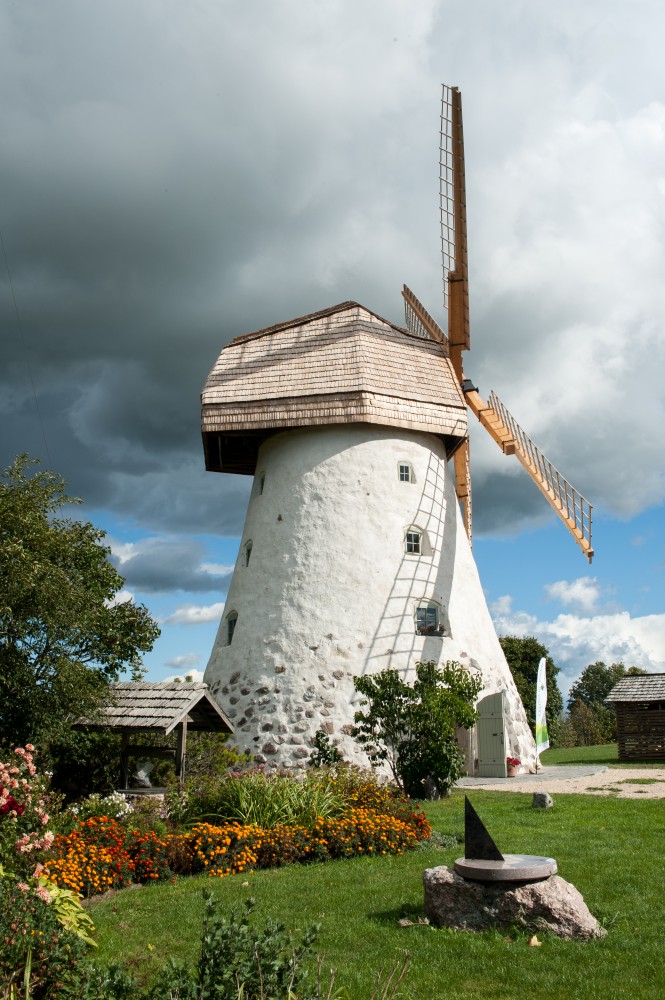
The windmill of Āraiši was built as the Drabeši estate mill in the middle of the 19th century. During the reconstruction in the wall of the windmill a stone with an inscription ANNO 1852 was found.Open object
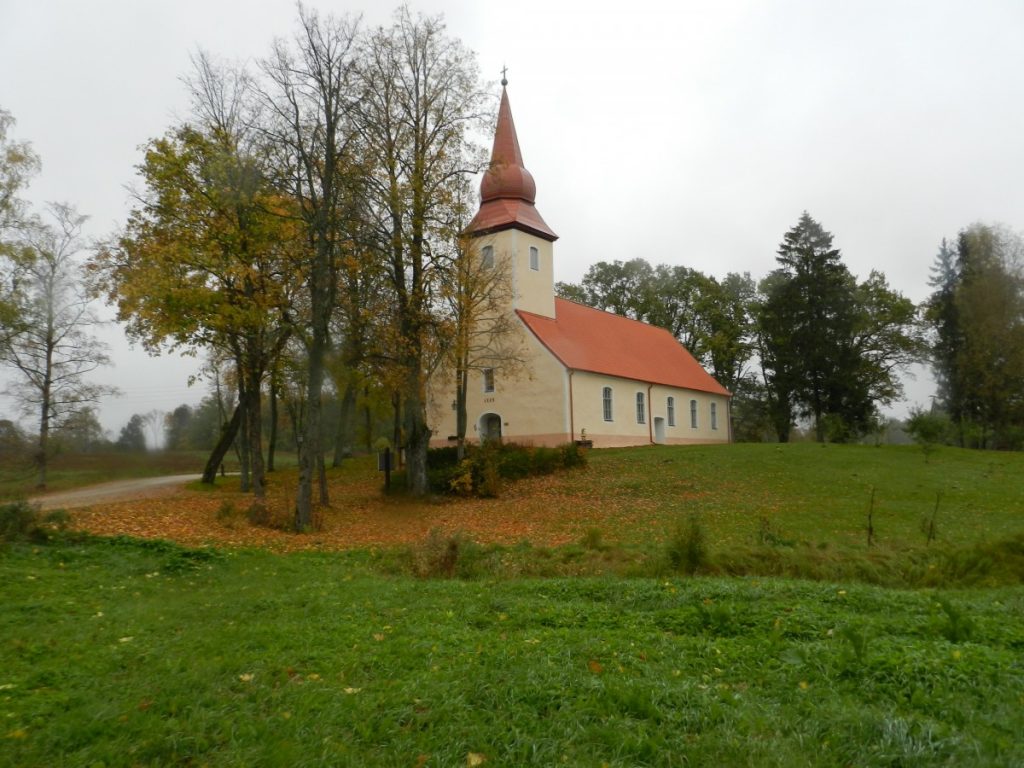
First evidence about the establishment of the church is found in the period of 1202-1209 in the letter written by the Āraiši pastor E.J.A. Cornelia to the Rīga governmental authority.Open object
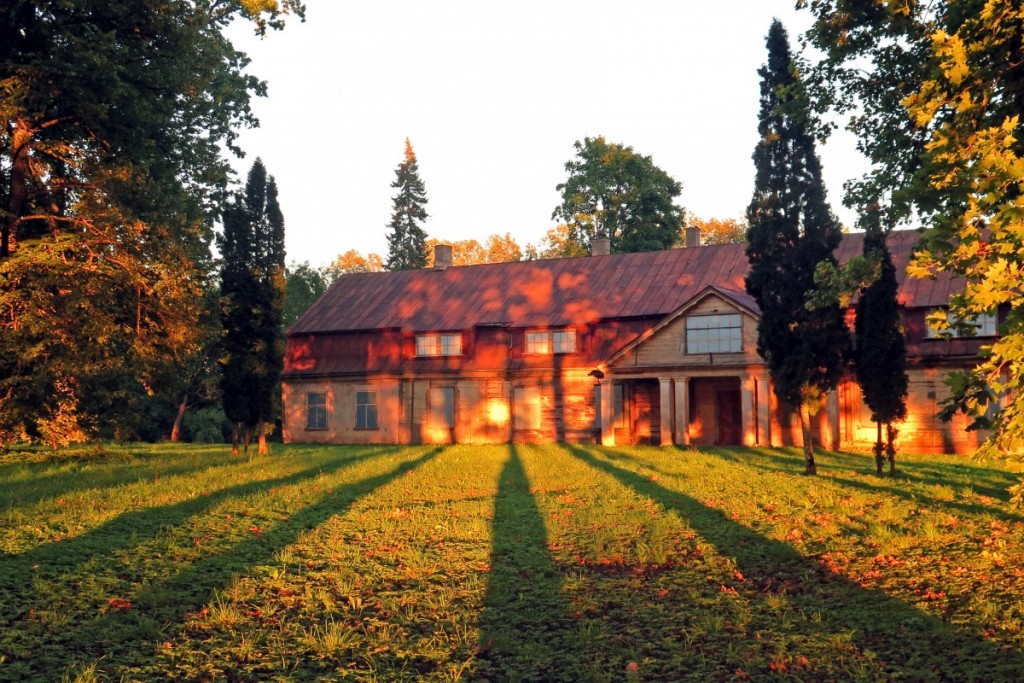
Manor for more than 340 years is made up on Linden Hill at Rauna river valley in 15 ha wide area with a beautiful natural landscape in a quiet location with an old park, 7 ponds, garden and art objects in nature.Open object
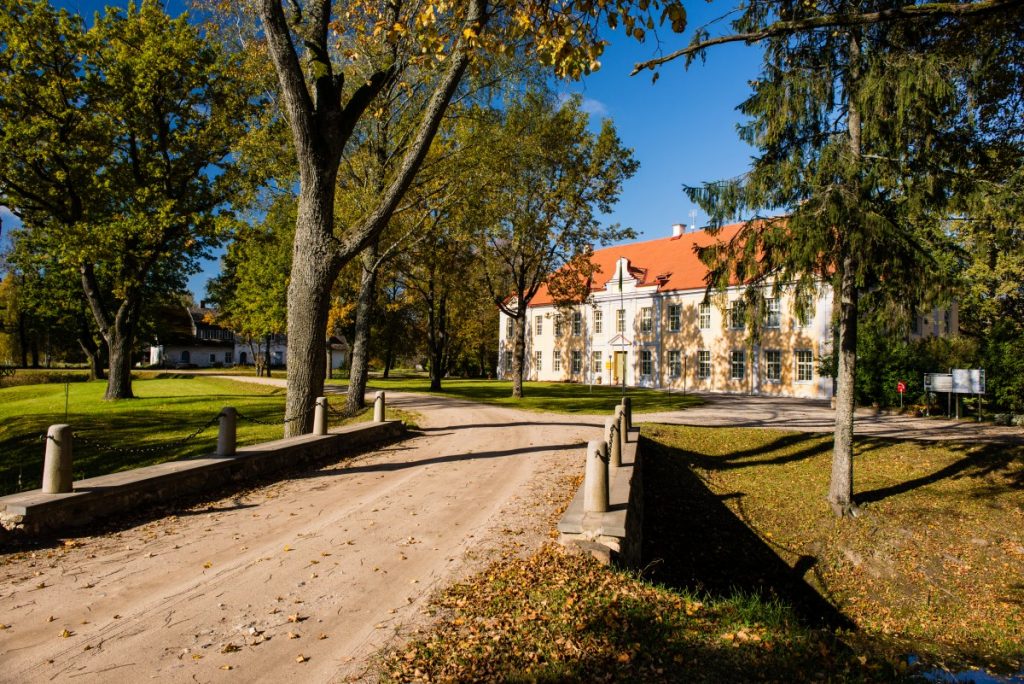
The Manor was built in the 19 century and it has remained almost in its entirety. Manor house reminds the letter U and is located on the plot which is surrounded by a ditch from all sides, so imitating the medieval fortified castles.Open object
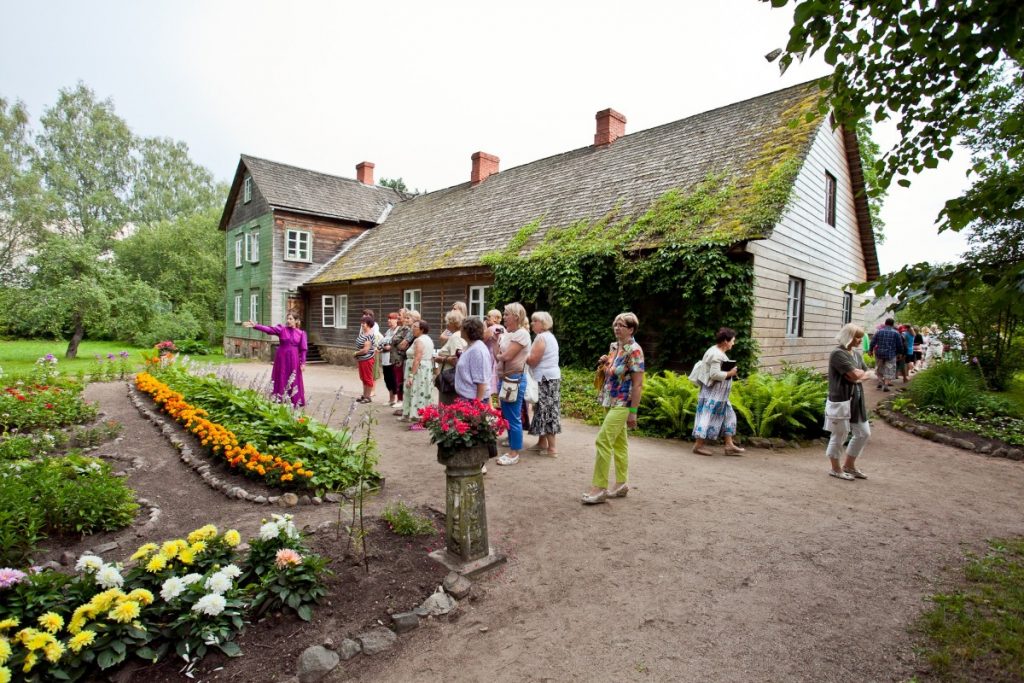
A famous Latvian poet grew up here, studied and worked from the age of five. As a museum, “Kalāči” has existed since 1958.Open object
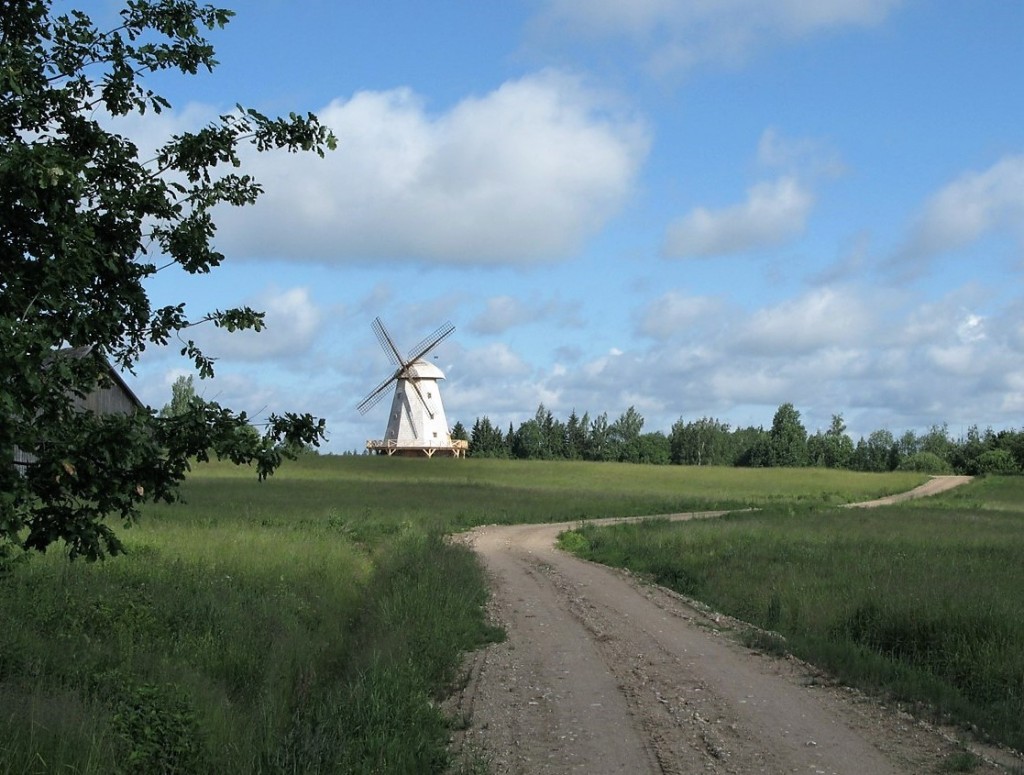
In the exhibition not only the traditional farms of Piebalga can be seen, but also different tools of farmers and craftsmen, household items, that are extraordinary to a modern person.Open object
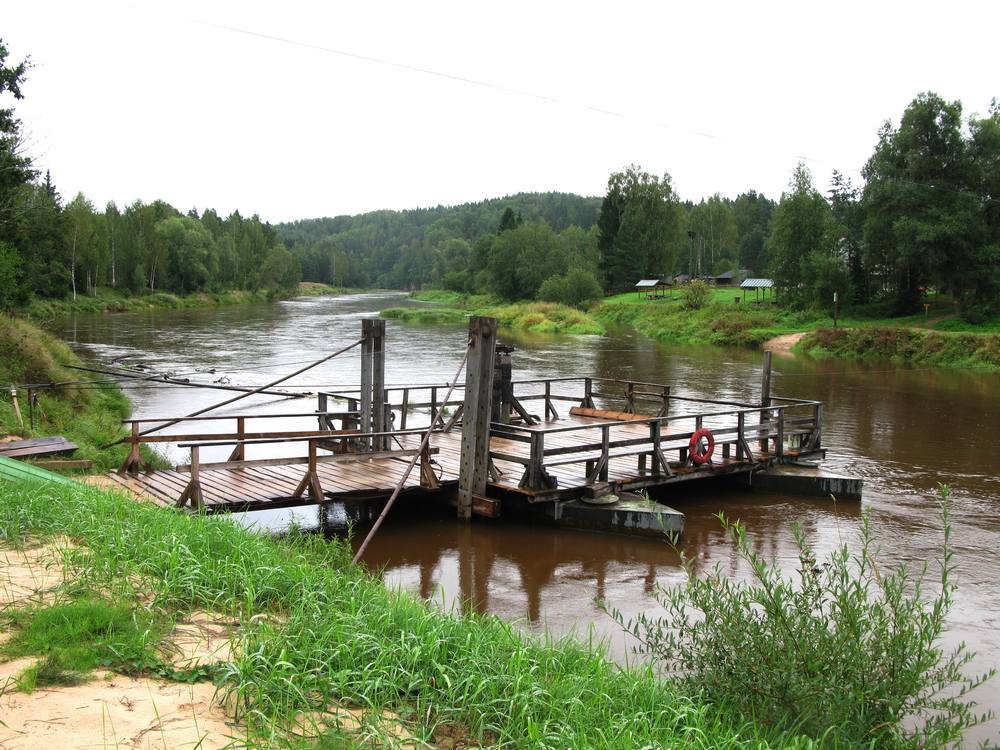
The ferry over the Gauja river is the only crossing of this type in the Baltic States. The ferry is made of 2 boats fastened together, on which there is a plank layer. A steel cable stretched across the river does not allow the ferry to tide downstream, and it moves from one bank to the other by the force of stream. Once there were 3 bridges over the Gauja. After the Second World War, when bridges were destroyed, Līgatne Paper Mill created Līgatne ferry crossing to let workers of the Paper Mill to come to work from Pārgauja.Open object
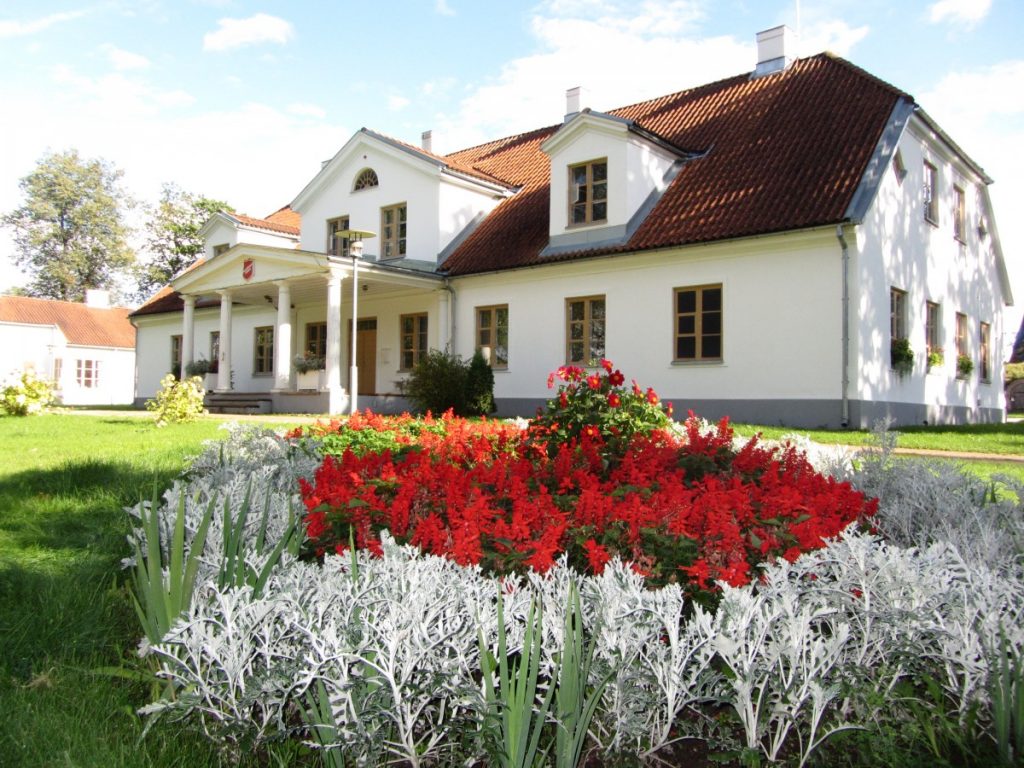
The ancient country manor, toned down from the daily rush, is located between two towns – Cēsis and Valmiera. Currently a guest house has been established in the restored manor complex.Open object
Cesis Tourism Information Center
Address: Baznīcas laukums 1, Cēsis
Latvija, LV-4101
Tel. +371 28318318
info@cesis.lv
Working hours:
Tuesday - Saturday 10.00-17.00
Monday, Sunday CLOSED
All the information you can find in the new tourism website.
Hello
All the information you can find in the new tourism website.
visit.cesis.lv